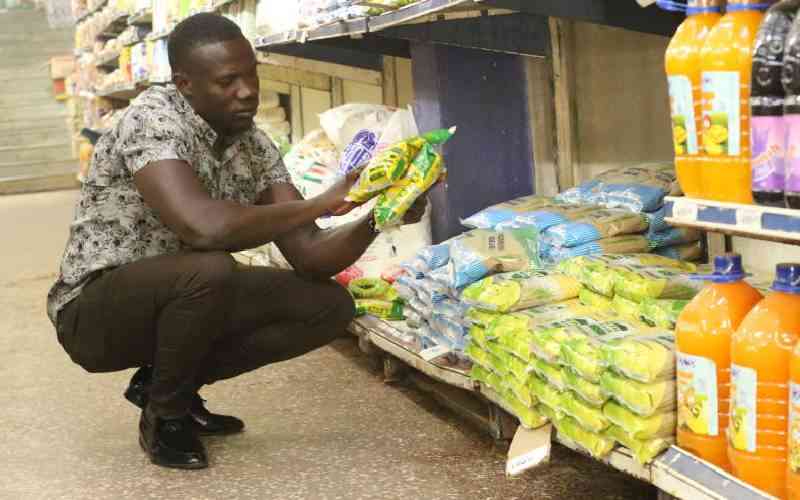×
The Standard e-Paper
Stay Informed, Even Offline

Damaris Wamuyu, a single mother of six, has earned a living doing laundry in the sprawling Githogoro slums in Kiambu County for over seven years.
And even though her earnings were meagre, she was always able to provide her children with two or three meals a day. Not anymore.